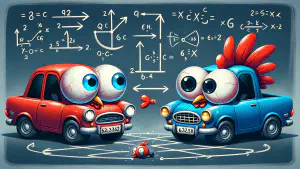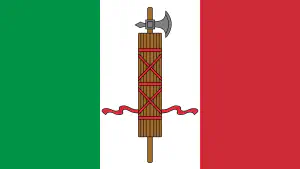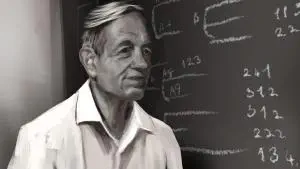Overview
Anarchy is a complex and multifaceted concept with varied interpretations across different contexts and disciplines. At its most basic level, the term anarchy originates from the Greek term ‘anarkhia’, which translates to ‘without a ruler’. This traditional definition frames anarchy as a state of society where there is no recognized authority or established order, often implying a degree of chaos or disorder due to the absence of any governing or controlling entity.
In the realm of political philosophy, however, anarchy takes on additional nuance. Here, it does not merely denote the absence of government but refers to a societal structure where all individuals freely cooperate and organize themselves without the imposition of laws, restrictions, or coercive forces. This school of thought is championed by anarchists, individuals who envision a society wherein voluntary cooperation, direct democracy, and mutual aid replace hierarchical structures of power.
Anarchist theory is diverse, with various subsets such as anarcho-syndicalism, anarcho-communism, and anarcho-capitalism, each proposing different methods of achieving and maintaining an anarchist society. For instance, anarcho-syndicalists believe in organizing society through federations of self-managing workers’ unions, while anarcho-capitalists propose a society where all services, including law and order, are provided by competitive private entities.
Interestingly, anarchy also plays a significant role in the field of international relations, albeit in a different context. Here, anarchy refers to the structure of the international system, in which independent sovereign states coexist without a centralized global authority overseeing their actions. This concept of anarchy underpins realist and neorealist theories, which posit that states, as primary actors in an anarchic international system, are driven by self-interest and the pursuit of power to ensure their survival.
In popular culture, anarchy is often misrepresented as synonymous with violence and mayhem. However, this view overlooks the rich and varied philosophical underpinnings of the concept, which posits that humans, when freed from hierarchies of power and coercion, are capable of self-governance based on mutual aid, respect, and cooperation. It’s important to remember that anarchy, as with any political theory, encompasses a broad spectrum of thought and is subject to numerous interpretations.
In Context
Anarchy, — the absence of a master, of a sovereign, (The meaning ordinarily attached to the word “anarchy” is absence of principle, absence of rule; consequently, it has been regarded as synonymous with “disorder.”) — such is the form of government to which we are every day approximating, and which our accustomed habit of taking man for our rule, and his will for law, leads us to regard as the height of disorder and the expression of chaos. The story is told, that a citizen of Paris in the seventeenth century having heard it said that in Venice there was no king, the good man could not recover from his astonishment, and nearly died from laughter at the mere mention of so ridiculous a thing. So strong is our prejudice. As long as we live, we want a chief or chiefs; and at this very moment I hold in my hand a brochure, whose author — a zealous communist — dreams, like a second Marat, of the dictatorship. The most advanced among us are those who wish the greatest possible number of sovereigns, — their most ardent wish is for the royalty of the National Guard. Soon, undoubtedly, some one, jealous of the citizen militia, will say, “Everybody is king.” But, when he has spoken, I will say, in my turn, “Nobody is king; we are, whether we will or no, associated.” Every question of domestic politics must be decided by departmental statistics; every question of foreign politics is an affair of international statistics. The science of government rightly belongs to one of the sections of the Academy of Sciences, whose permanent secretary is necessarily prime minister; and, since every citizen may address a memoir to the Academy, every citizen is a legislator. But, as the opinion of no one is of any value until its truth has been proven, no one can substitute his will for reason, — nobody is king.






